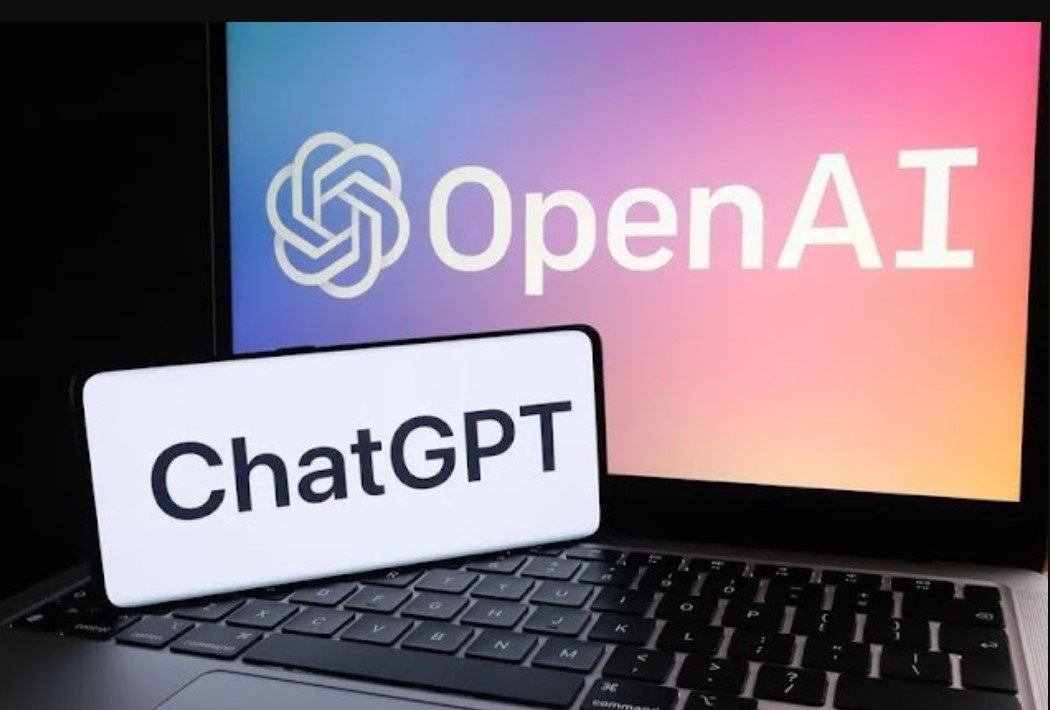OpenAI, the research organization behind the popular language model ChatGPT, has announced that it is testing a new feature that will allow ChatGPT to remember details between conversations. This could improve the quality and consistency of ChatGPT’s responses and make it more useful for various applications.
What is ChatGPT and why does it need memory?
ChatGPT is an AI chatbot that can generate natural language responses based on user input. It is powered by a large neural network that has been trained on billions of words from the internet. ChatGPT can handle a wide range of topics and scenarios, such as casual chat, trivia, storytelling, and more.
However, ChatGPT has a limitation: it suffers from amnesia. ChatGPT can only remember the current conversation history, which is limited by the number of tokens (words or symbols) it can process at once. This means that ChatGPT forgets what the user has told it in previous sessions, or even earlier in the same session. This can lead to inconsistent, repetitive, or irrelevant responses that break the flow of the conversation.

How will the memory feature work?
OpenAI has not revealed the technical details of how the memory feature will work, but it has provided some examples of how it will look like for the users. Users will be able to ask ChatGPT to remember something, see what it remembers, and ask it to forget. The memory feature will be optional and controlled by the users.
For example, a user could tell ChatGPT to remember their name, favorite color, or hobby. Then, in a later session, ChatGPT could use that information to personalize its responses or generate relevant content. Users could also tell ChatGPT to forget something if they want to erase it from its memory.
The memory feature will be available to a small number of ChatGPT users for testing initially. OpenAI plans to bring it to GPTs soon, which are customized versions of ChatGPT that users can create and share.
What are the benefits and challenges of the memory feature?
The memory feature could have several benefits for ChatGPT and its users. It could make ChatGPT more engaging, consistent, and helpful by allowing it to remember and use information from previous conversations. It could also enable new use cases and applications for ChatGPT, such as note-taking, personalization, education, and more.
However, the memory feature also poses some challenges and risks. One of them is privacy. Users should be aware that sending information to OpenAI for processing on remote servers introduces the possibility of privacy leaks. OpenAI says that it trains AI models on user-provided information by default unless conversation history is disabled or the user has an Enterprise or Team account. Users should also be careful about what they tell ChatGPT to remember, as it could be sensitive or personal.
Another challenge is accuracy. ChatGPT is not a reliable source of information, as it can make mistakes or generate false or misleading statements. Users should not trust ChatGPT’s memory blindly, and should always verify the information it provides or uses. Users should also be able to correct or update ChatGPT’s memory if it is wrong or outdated.
ChatGPT is a powerful and versatile AI chatbot that can generate natural language responses based on user input. However, it has a limitation: it forgets what the user has told it between conversations. OpenAI is experimenting with adding a form of long-term memory to ChatGPT that will allow it to remember details between conversations. This could improve the quality and consistency of ChatGPT’s responses and make it more useful for various applications. However, the memory feature also poses some challenges and risks, such as privacy and accuracy. Users should be aware of these issues and use the memory feature responsibly and cautiously.


































